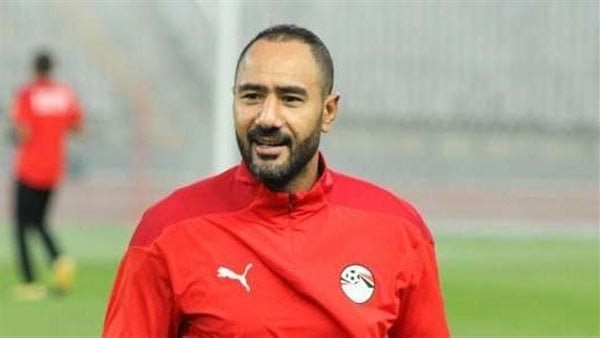
Monday 11/November/2024 – 11:59 AM
Counselor Abdel Wahab Abdel Razek opened the meeting President of the Senate The work and activities of the Council’s plenary session for today. According to the agenda, the Council will discuss during its plenary session 3 general discussion requests addressed to the Minister of Education, Mohamed Abdel Latif, regarding the mechanisms for determining educational curricula and the basis for excluding some courses from the total, including the second foreign language and discipline. In schools and decisions regarding the secondary stage of pre-university education.
The general discussion requests came from a request submitted by Representative Rami Jalal and more than twenty members. To clarify the government’s policy regarding: the mechanisms for determining educational curricula and the basis for excluding some courses from the total, including the second foreign language.
Opening of the plenary session of the Senate
The second request came as a general discussion request, submitted by Representative Rasha Mahdi and more than twenty members, to clarify the government’s policy regarding: the mechanisms taken to ensure the quality of the educational process in pre-university education, while the third request came from Representative Heba Sharubim and more than twenty members. of members; To clarify the government’s policy regarding: mechanisms for achieving discipline in schools and decisions regarding the secondary stage of pre-university education.
Representative Heba Sharubim explained in the explanatory memorandum to the discussion board that pre-university education is one of the most important factors affecting the individual’s personality at all levels, and hence governments are making every effort to improve it, which in turn means improving the citizen, and is therefore the best investment in human building.
She pointed out that President Abdel Fattah El-Sisi recently launched the New Beginning Initiative for Human Building to promote comprehensive development in society and bring about positive and sustainable change through its many goals, the most important of which are providing job opportunities, developing human competencies and government services, and creating generations that preserve values, morals and principles and enjoy a culture supported by… From Al-Azhar, the Church, and the Endowments, and at the same time, generations are creative and innovative and can benefit from modern technology. The initiative includes programs specific to each age group, including those for children from 18 to 18 years old. These programs focus on improving and developing their skills and preparing them for the labor market.


